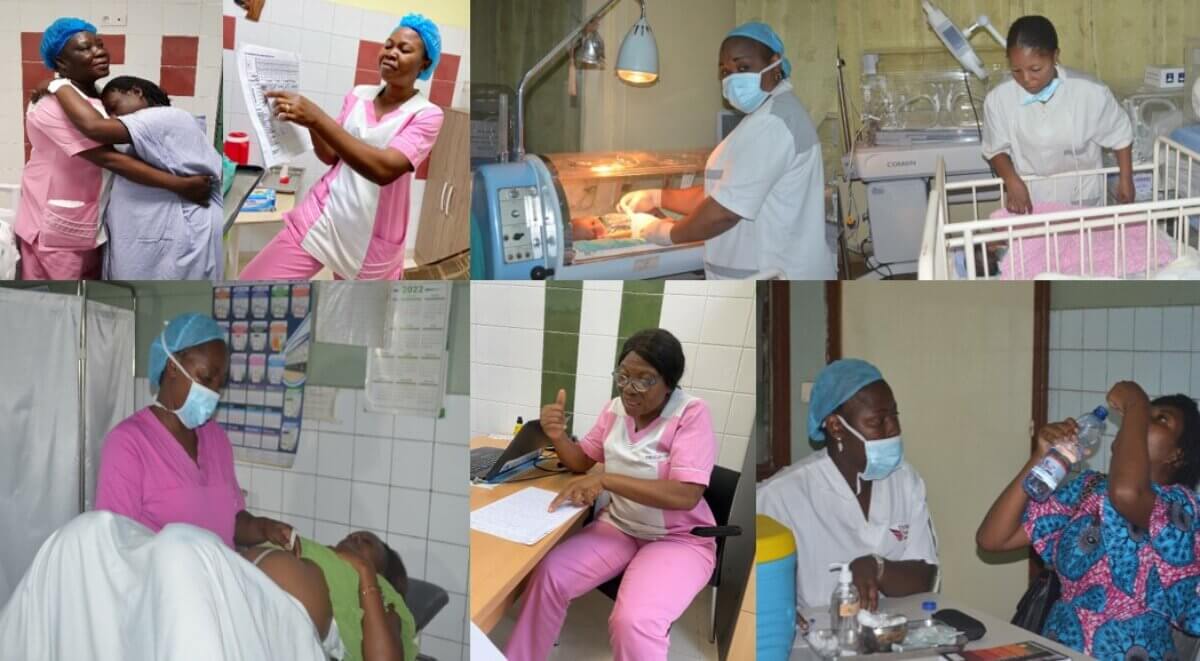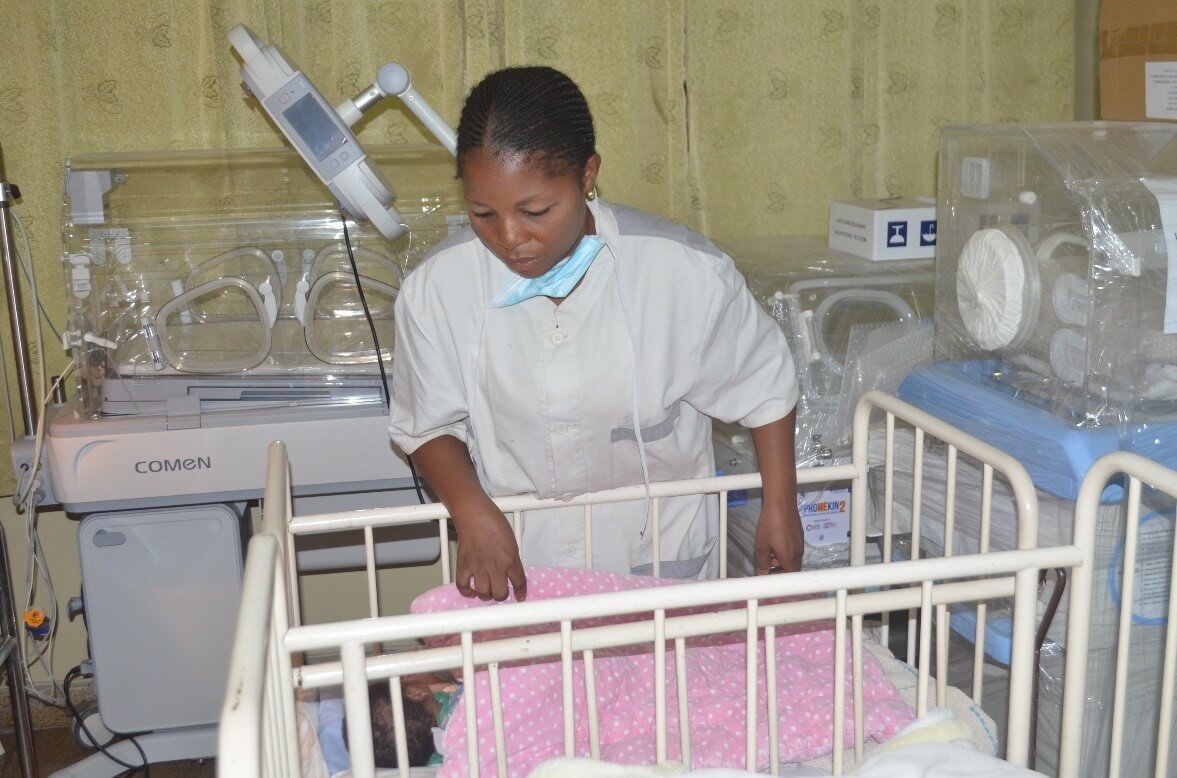
Seven midwives from the Democratic Republic of Congo (DRC) have highlighted the beneficial impact of an innovative training program provided by the Institut Supérieur en Sciences Infirmières (ISSI). Spanning two and a half years and balancing work and studies, the program enabled participants to enhance their expertise. This enrichment is crucial as they play a pivotal role in training nurses and doctors in a region plagued by high rates of maternal and neonatal mortality.
The introduction of this initiative coincides with the recent establishment of the Ordre des Sages-Femmes in the DRC, emphasizing the critical role of midwives in comprehensive maternal care from preconception through postpartum.
Participants Feedback Highlights:
- Enhanced Professional Skills: Participants reported significant improvements in skills that are vital for saving lives.
- Increased Awareness of Family Support: There is a new understanding of the critical role of support from family, particularly spouses, during pregnancy, childbirth, and postpartum.
- Improved Patient Care: Through their training, midwives have enhanced their ability to manage complex deliveries and respond more effectively to complications.
- Engagement with Scientific Literature: There is an increased interest in exploring cutting-edge practices in obstetrics, pushing the boundaries of traditional methods.
- Ongoing Professional Development: The midwives expressed a strong desire to continue their education to further develop their skills and leadership.
- Expansion of Training Program: There is a collective aspiration for this training to become standard across all hospital centers in the DRC to elevate the quality of obstetric care and enhance survival rates.

Marie-Louise: Transformed a routine consultation into a life-saving intervention by diagnosing a placenta previa that could have been fatal without a prompt intervention.
Florence: Adopted a holistic approach to patient care that integrates physical, social, environmental, and psychological elements.
Vicky: Emphasized the importance of engaging husbands and families, thereby strengthening social bonds and improving outcomes for the mother and child.
Rachel: Utilized compassionate and effective methods to assist a young mother through a challenging delivery.
Silvia: Expertly managed, thanks to her training, an emergency involving a newborn afflicted with malaria.
Cécile: Enhanced her working methods by increasing her reliance on evidence-based data.
Renata: Successfully resuscitated a newborn after two hours of efforts, showcasing the critical skills gained through her training.
Looking ahead, we aspire to train a second cohort next fall or by early 2025 at the latest.
April 12, 2024
